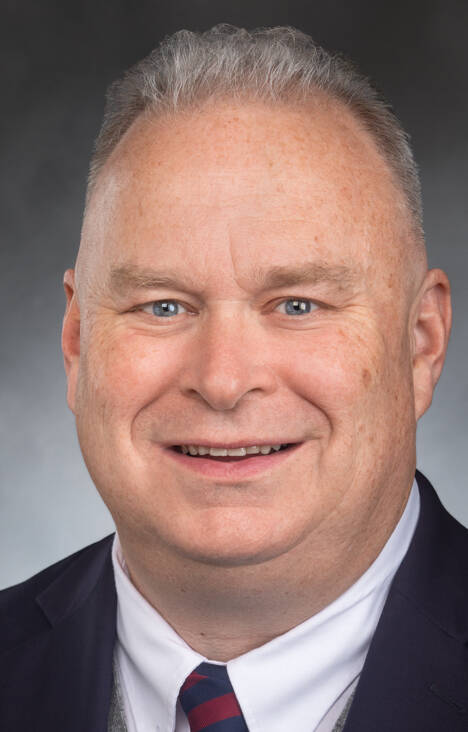Democrats in the Washington State Senate on Monday released a proposed $78.5 billion operating budget for the 2025-2027 biennium, up from the $72.4 billion in the current 2023-2025 biennium.
The Senate’s proposed budget calls for $6.5 billion in cuts and $16 billion in new revenue, a net of $6.2 billion in the 2025-2027 biennium and $9.8 billion in the 2027-2029 biennium.
The proposed budget’s new revenue includes a financial assets tax on individuals with more than $50 million in publicly traded assets and a 5% payroll expense tax on compensation above the Social Security threshold for employers with $7 million or more in annual payroll.
It also allows for larger hikes in property tax rates. While the 1% cap on property tax growth would be maintained, increases based on inflation and population – never to exceed 3% – would be allowed.
The budget also repeals 20 tax exemptions identified as ineffective or obsolete by nonpartisan auditors and lowers the state sales tax rate from 6.5% to 6%.
According to the budget, funds would be used for K-12 education, health care, public safety and social services.
Sen. June Robinson, D-Everett, chair of the Senate Ways & Means Committee, characterized the budget as a middle ground between long-term fiscal stability and preserving essential services.
“Crafting this budget required tough choices, thoughtful conversations and a strong commitment to the people of Washington,” she said in a news release. “An all-cuts approach was never on the table – not when it meant turning our backs on schools, health care and the basic services people depend on. This budget is a choice to lead responsibly – to face the reality in front of us and respond with solutions that are not just balanced and sustainable, but worthy of the people we serve.”
Rep. Jim Walsh
Rep. Jim Walsh, R-Aberdeen, who is also the chair of the Washington State Republican Party, was critical of the budget and what he referred to as “zombie tax increases.”
He gave his thoughts on the new taxes in the Senate Democrats’ budget.
“They’ve revived this so-called wealth tax, which is the capital gains tax on unrealized capital gains,” Walsh said. “So, it’s a tax on money you make selling an asset or investment when you haven’t sold the asset or investment.”
He noted “if I lose money on an asset or investment, will they credit me? And the answer is ‘no.’ They want credit here, so it’s a one-way ticket.”
Walsh was critical of the payroll expense tax, essentially a statewide version of Seattle’s JumpStart Payroll Tax.
“The defenders say it’s a tax on the payroll of highly paid executives,” he said. “That’s not what it is. It’s a higher payroll tax than everybody, and it’s the reason you’ve seen several businesses already moving out of Seattle and go across the bridge over to Bellevue or wherever.”
Walsh saved his harshest criticism for Senate Democrats’ plans for property taxes.
“So, the real dog in the package is the increase in property taxes, and I should add it’s not just the 1% to 3%,” he said. “It’s 1% to 3% plus an inflation factor, so it would be actually greater than 3%.”
The budget is scheduled for a public hearing in the Senate Ways & Means Committee at 4 p.m. Tuesday and an executive session at 4 p.m. Thursday.
Lawmakers must negotiate and pass a final budget by April 27, the end of the 105-day legislative session.


